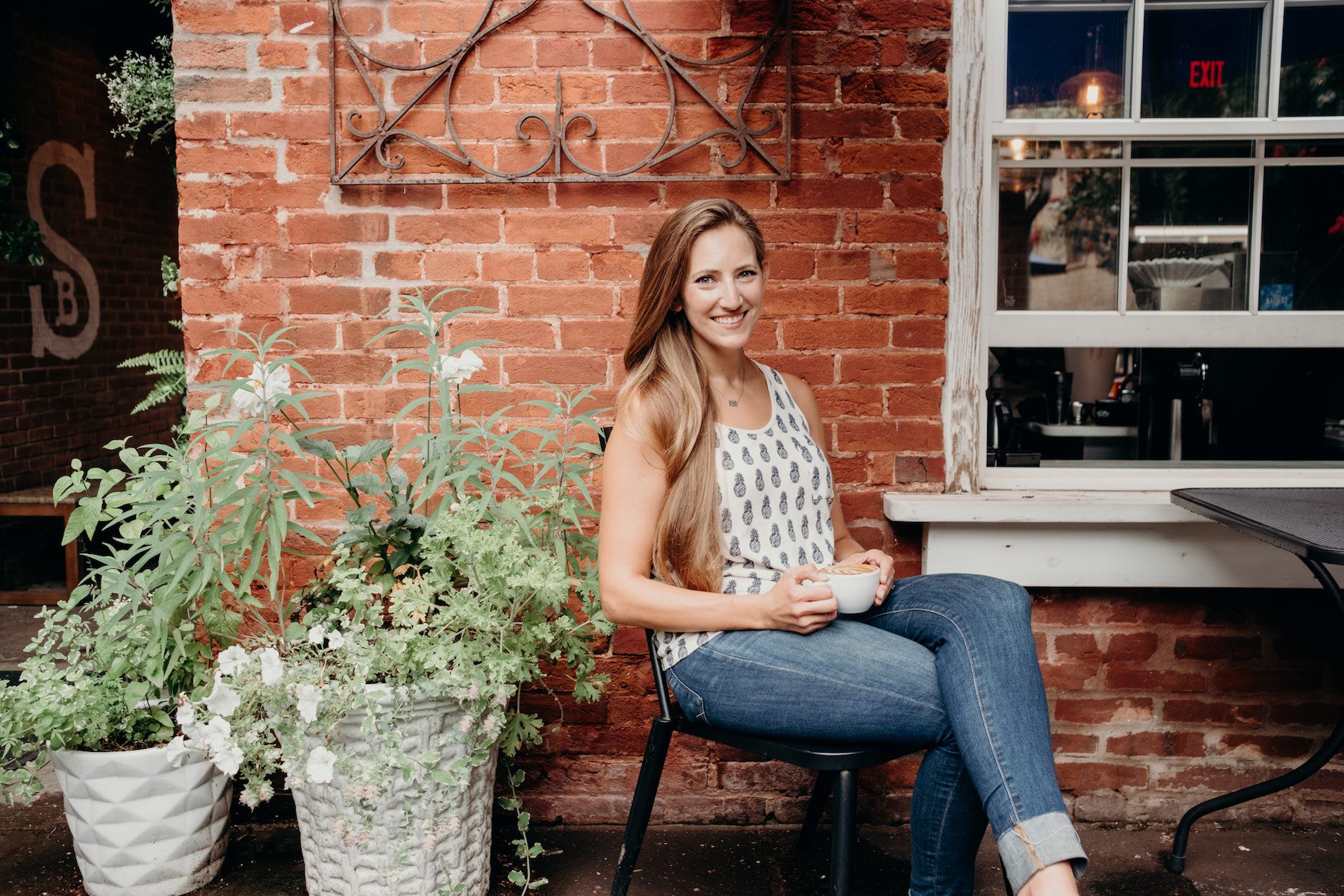I’m seeing so many amazing posts of empty shelters and you may have recently added your own new pup to your family. But you might also be like…now what? Or maybe you’re considering adding one but wondering how to raise a puppy?
If you haven’t brought home a new pup but are considering it. Before you bring a young puppy home (adorable though they may be) ask yourself if you’re ready for the intense time commitment – they are just like having a newborn. They wake up in the middle of the night to go potty, they can not be left alone, and can not be boarded without all of their vaccines at about 4 months. Also, remember that any dog of any age will need time to decompress. It takes time for them to feel like they are home, to learn the rules, to know their place, and to know you.
Please note: I am not an expert or professional trainer and always recommend consulting one. This list is in no way all-inclusive and these tips are also not one size fits all. Our experience is derived from years of fostering dogs and having our own. These are just my personal tips on how to raise a puppy and how we are raising our puppy as a family. You should in no way think this means my puppy is perfect because even though he of course is he also has an unrivaled zest for life that can not be leashed.
See what I did there?
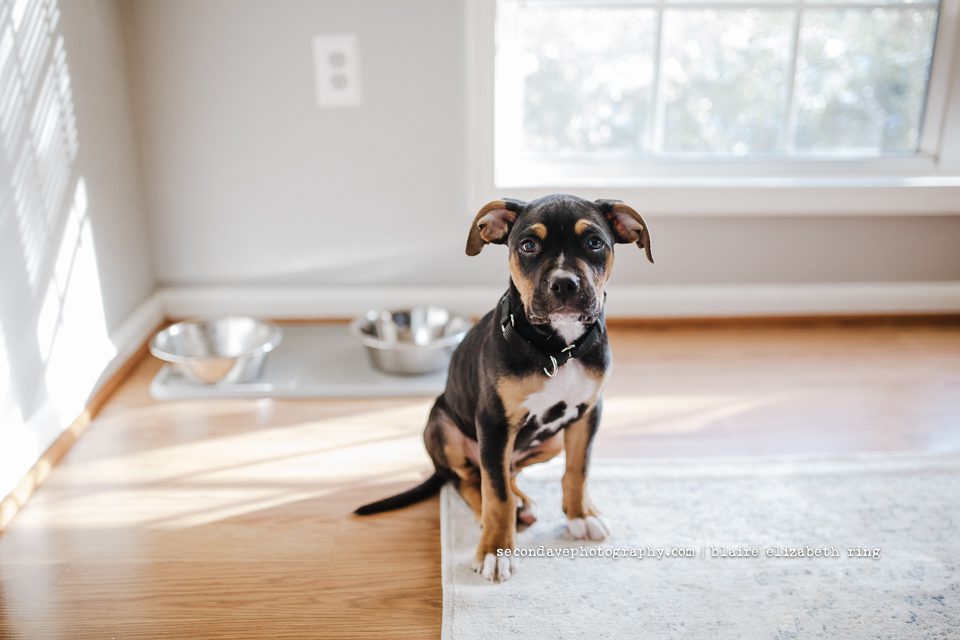
We brought Monty into our family from Key to Lion’s Heart Rescue back in January at 10 weeks old. I think of him like a toddler who can’t speak my language and communicates in his own way. It’s up to me to figure out his needs because if I don’t he’ll wreck my day. For the parents out there – sound familiar?
First things first. Small puppies become big puppies before they become wise dogs. You are making a lifetime commitment through their baby peeing everywhere phase through their toddler chew on everything phase to their adolescent you can’t tell me what to do phase. And yes, they all go through all of these phases. How you handle them determines what kind of dog they ultimately become.
Let’s start with the basics.
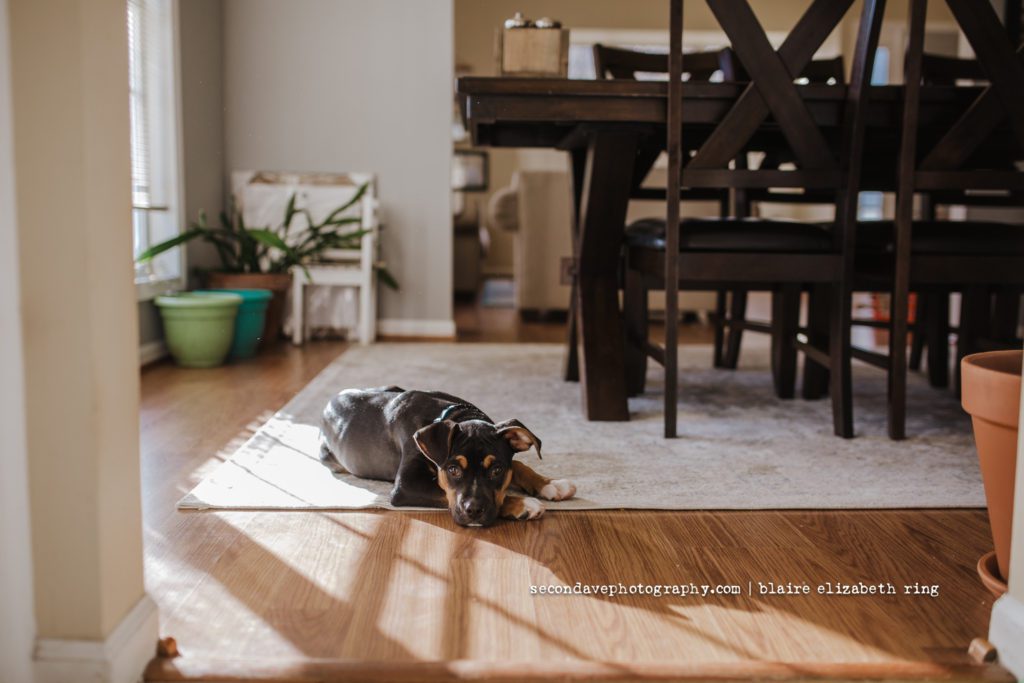
- You wouldn’t raise your child in solitary confinement – you would join playgroups or enroll them in preschool or attend story-time at the library. The same things (sort of) are beneficial for your puppy in much of the same ways. Doggy day care provides lots of opportunities to socialize and learn appropriate behavior. In my opinion, this is a requirement in owning a dog if you can’t provide adequate socialization in other ways. Even with everybody home right now, Monty goes one half day a week (this doesn’t have to be a huge expense!)
We personally love day care at Dog Day Afternoon in Leesburg VA because while he’s there they work on things like appropriate greetings, appropriate play, and house training. Your pup gets much needed socialization, you stay socially distanced, and you’re supporting a small business. Win win win!
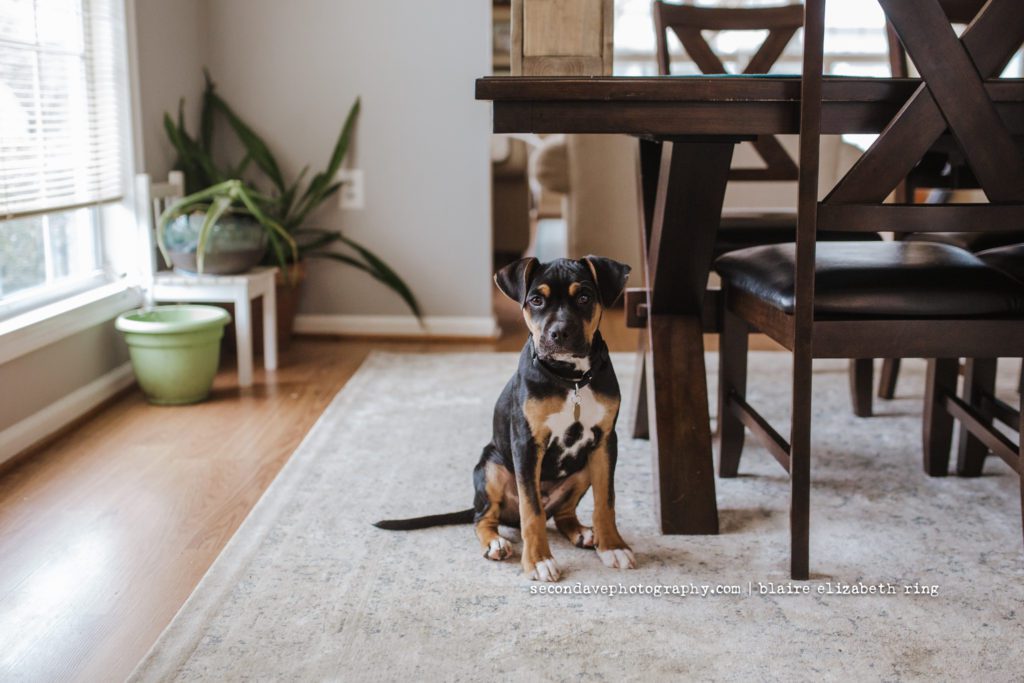
- Training builds trust, builds a bond between your pup and family members, and reinforces who is in charge. We started with Puppy Kindergarten at Dog Day Afternoon. We are currently enrolled in a virtual basic obedience class through Your Dog’s Friend.
I believe the most important skills to have in life are “wait” and “come” – but we always start with a simple sit. It’s an easy win and everyone is impressed when a dog has a good sit. We practice these skills and games like ‘find it’ over and over again, every day. Want your dinner? Sit, stay, come. Want to come in the house? Sit, stay, come.
There has never been such a thing as too much training so this advice also goes even if you adopted an older “trained” dog. We train using positive reinforcement and generally ignore unwanted behavior unless it’s dangerous to our pup or someone else.
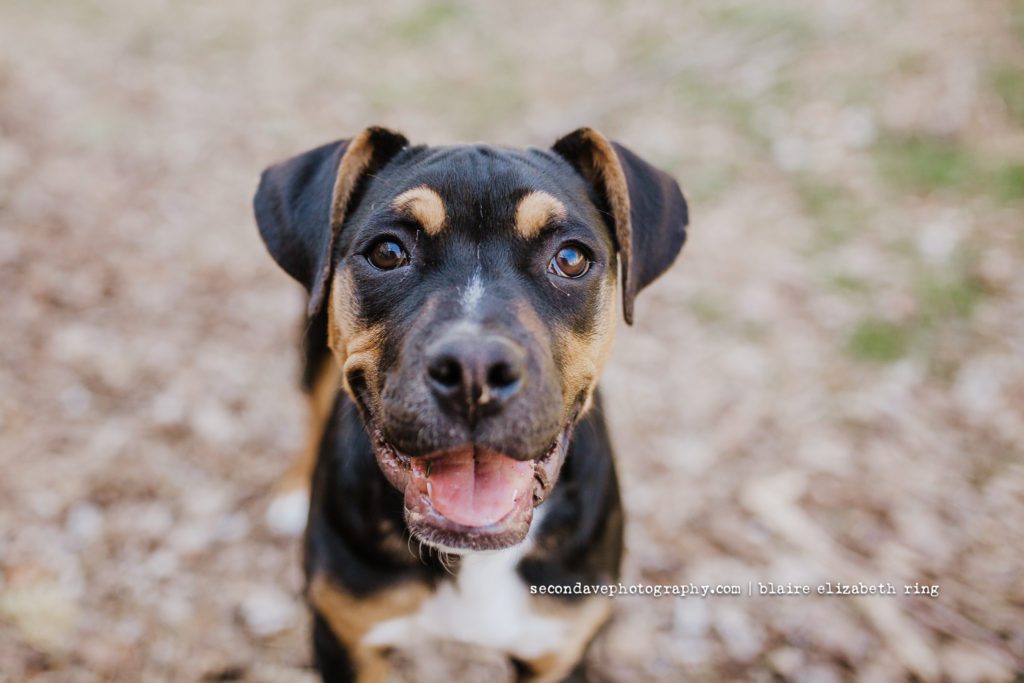
- Puppies chew. A lot. They chew because they are teething and they chew for fun. It’s up to you to provide them lots of good things to chew on so they can make good choices. Think of a puppy chewing on shoes like a bored toddler drawing on the walls. Different types of toys, textures, etc, provide entertainment and satisfy the need to chew while teething or to alleviate boredom. When our puppy is bored he terrorizes the cat, so I keep a food puzzle like a Kong handy.
- stuff with kibble mixed with low sodium chicken broth.
- layer 100% peanut butter with cheese, treats, and/or kibble to keep them interested.
- take it a step further and freeze first for a challenge.
- Biting is different. They all do it because it’s how they learn to play, but it’s not OK to play with people that way. Our rule is NO TEETH. If we feel any teeth we let out a loud, high pitched OW and immediately stand up, turn our back, and end play time. As with anything, consistency is key, so our kids do this too.
The best advice I’ve ever gotten is calm owners raise calm dogs.
- Exercise! Get that energy out – a tired dog is a happy dog. Do not underestimate the power of a good, structured walk. Exposure to new situations and sights/smells/sounds helps shape their world view and mold a confident dog, while working all of their senses. Mental exercise counts too! We spend time every day reviewing Monty’s skills in new situations to work his brain.
- A lot of issues come from too much freedom too soon. Pre-social distancing, when we had guests over, we kept our puppy on a leash until he was calm and earned his autonomy. This lets me stay calm because I don’t feel like I’m chasing him around like a crazy person. And teaches him to control his impulses to get what he wants which is to say hello to our guest. Ask your guests (or well-meaning passersby on a walk) to ask your puppy to sit before rewarding with attention so they learn to be calm instead of jumping for it. As with anything, consistency is key and patience pays off.
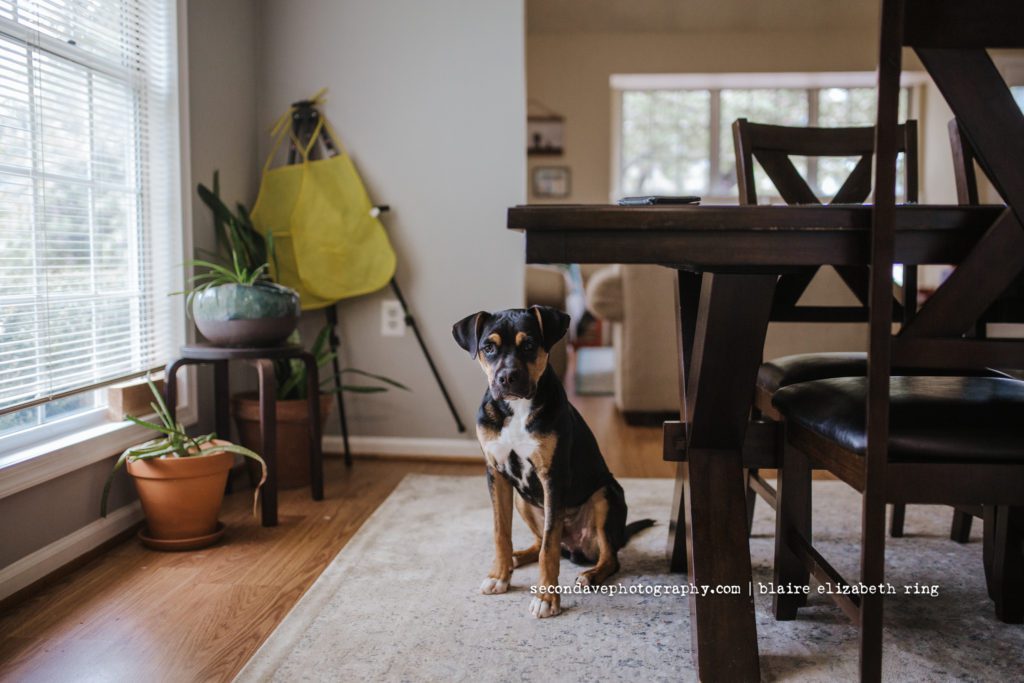
- While we’re on the subject, don’t let them practice bad behaviors like inappropriate chewing or jumping on guests as they’ll become habits that are harder to correct when they get older (and bigger!) A mistake I see over and over again is owners trying to prevent a bad behavior by avoiding it; i.e., your dog jumps on guests so you put them away in a bedroom when people come over or they pull on their leash so they only go out in the yard.
There is also a better than good chance that in the course of your dog’s life, a time will come where you simply can’t avoid a problem, and you will wish you dealt with it sooner. Dogs of all ages need practice getting it right before they really get it right. When you’re struggling, consult a professional.
- House training. UGH. I almost didn’t touch on this because goodness knows there’s already so much info out there. Puppies are individuals and as long as you are consistent in your routine and communication of where to go and where not to go it WILL click when they’re ready.
Interrupt accidents inside and go out immediately (yep, clean later); treats, lots of excited praise for doing business outside. Again, too much freedom too soon will increase the chance of an accident. Make sure your puppy is always within eyesight, and take them out immediately after drinking and eating – try to avoid letting them practice going in the house. A lot of people recommend crate training here, as they earn their time out in the house by being accident free. We didn’t personally do this but I know it works for many and may be a sanity-saver for you!
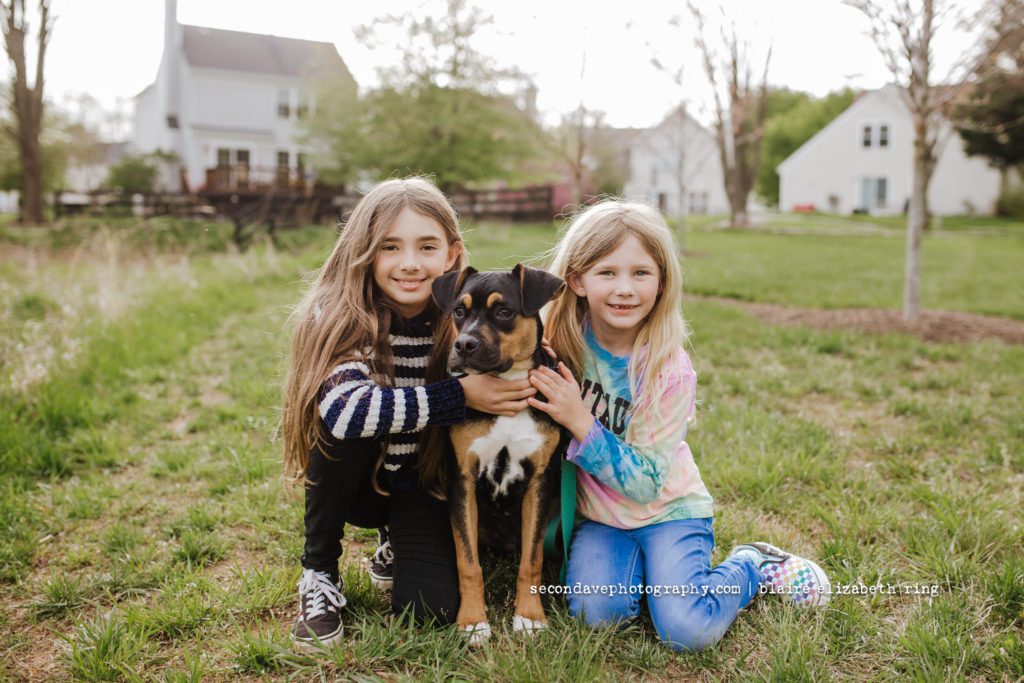
I think that about covers the basics. I hope this was helpful! Let me know in the comments if you have other advice for new puppy owners or what worked for you!

